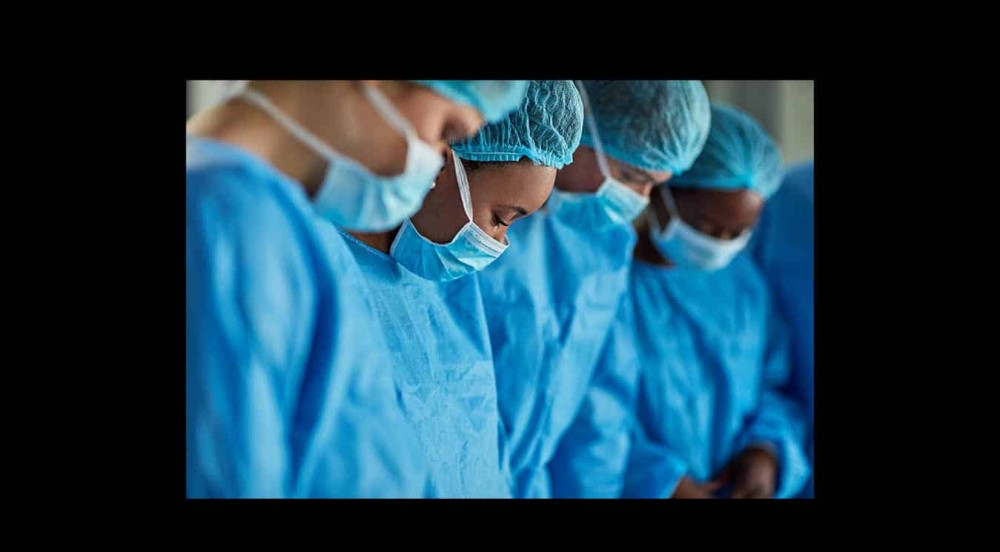Tennessee State University’s emails and phones were ablaze last week when the call went out for African American high school seniors who are interested in pursuing the field of medicine. The call—which most received via text and email—was specifically meant to attract more young Black men to the idea of a career in the medical field.

The program is already two years in the making. Tennessee State and Meharry Medical College, both historically Black institutions located in Nashville have partnered to create the Dr. Levi Watkins Institute/TSU/Meharry Accelerated Pathway Program. The initiative allows for students to become medical doctors and dentists in seven years, attending TSU for pre-med and on to Meharry for medical matriculation.

TSU alumna and President Dr. Glenda Glover spoke with EBONY about the historic partnership and its goals.
EBONY: Why did the TSU/ Meharry Medical program embark on this initiative?
Dr. Glover: There is a lack of African Americans in the medical field. We are establishing a pipeline of doctors and dentists. We need trained medical professionals to provide essential care to underserved communities. The initiative is named for the late Dr. Levi Watkins, a civil rights activist and cardiac surgeon who was the first to successfully implant an automatic heart defibrillator in a human body.
According to the Association of American Medical Colleges (AAMC), doctors who identify as Black or African American represent the lowest percentage of all races/ethnicities of physicians in the country. Why do you think that's the case?
Dr. Glover: This is typical in the medical and technology fields. It’s due to limited access and resources. That’s why this program is so vital.
The students will graduate in seven years as opposed to eight. What are your expectations of those admitted to this accelerated program?
Dr. Glover: First, to excel in undergrad at TSU as a pre-med student to fulfill the mission. Then, to enroll at Meharry Medical College. Upon graduation, we expect them to commit to provide healthcare to our community which is one of the leading objectives of this pathway. The overriding goal is to increase the number of African American trained healthcare providers that stay and work in minority communities—who have the greater burden of healthcare needs.
Do you see this program as a template for other HBCUs to follow as a remedy for the shortage of African American doctors?
Dr. Glover: Absolutely. The need is so great; TSU is taking the lead. But we hope to encourage other HBCUs and students entering college to consider careers in medicine and dentistry.
How many students are you accepting into the program this year?
Dr. Glover: I will tell you, there has been an overwhelming response to the initiative. People from around the country have called wanting to contribute. Our goal is to accept over 100 future doctors into the pathway in 2021.
Bolstering the number of doctors focused on community uplift is powerful. How will an increase in the number of Black medical doctors improve the Black community overall?
Dr. Glover: This is going to be tremendous; a better health outcome among the African American population. There has been a history of distrust between medical establishments and the Black community. We’ve been misguided and mistreated dating back to the unethical Tuskegee Syphilis Study.
There’s no doubt that Covid has put a focus on the disparity in America’s healthcare system. Does this affirm your mission?
Dr. Glover: I maintain that Covid may have affected our community in record numbers, but not so much because we have high blood pressure or diabetes as underlying issues, but because we have faced such racial discrimination in America’s healthcare system. That’s the problem. A recent example is Dr. Susan Moore, a medical doctor who died from complications of Covid after being mistreated in the hospital. There has been a blatant lack of care and lack of trust. The way to remedy the health disparity in America is to provide (medical) education to people who look like us.
The deadline to apply is March 31, 2021. Find more information at the link: https://www.tnstate.edu/watkins/













